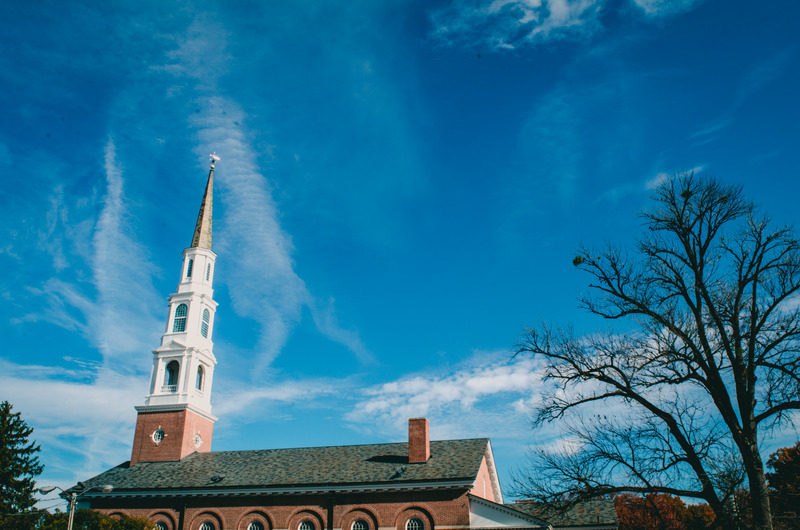The Supreme Court is telling California that it can’t bar indoor church services because of the coronavirus pandemic, but it can keep for now a ban on singing and chanting indoors.
The high court issued orders in two cases where churches had sued over coronavirus-related restrictions in the state. The high court said that for now, California can’t ban indoor worship as it had in almost all of the state because virus cases are high.
The justices said the state can cap indoor church services at 25 percent of a building’s capacity. The justices also declined to stop California from enforcing a ban put in place last summer on indoor singing and chanting. California had put the restrictions in place because the virus is more easily transmitted indoors and singing releases tiny droplets that can carry the disease.
“This is a huge win for religious liberty,” wrote Eric Rassbach, an attorney with the religious liberty firm Becket Fund, noting that the state was the only one with a total ban on indoor worship. “Forty million people live in CA, and most haven’t been able to worship together for half a year. SCOTUS has vindicated a core First Amendment right.”
The justices were acting on emergency requests to halt the restrictions from South Bay United Pentecostal Church in Chula Vista and Pasadena-based Harvest Rock Church and Harvest International Ministry, which has more than 160 churches across the state.
Chief Justice John Roberts wrote that “federal courts owe significant deference to politically accountable officials” when it comes to public health restrictions, but he said deference “has its limits.”
Roberts wrote that California’s determination “that …
News brought to you by Christianity Today




